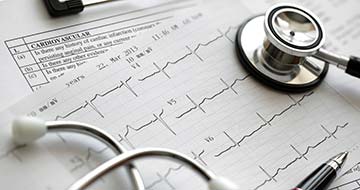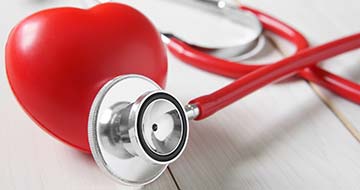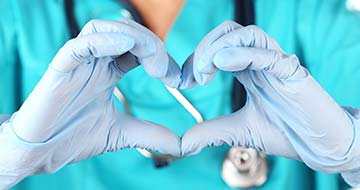Services
The first step in your care process is to understand the nature of your disease so that we can diagnose your condition.
Cardiac Electrophysiology, is the study of the electrical activities of the heart, specifically for the purposes of diag...
When our patients present with problems that may be cardiovascular in nature, we help determine the most likely diagnosi...
We help our patients improve blood flow in their arteries and veins by using very small tubes and specialized tools to d...
When the heart is functioning normally, the arteries are clear and open to allow for easy passage of blood through and o...
The highly trained surgeons and specialists at Biltmore diagnose and treat structural heart disease. We understand the n...
Low Blood Pressure: What Is It and How to Manage It
Low Blood Pressure Symptoms
Symptoms of low blood pressure vary according to severity. Some symptoms are uncomfortable, while others may need medical assistance. People with this condition may experience the following symptoms:
 1. Dizziness or lightheadedness |
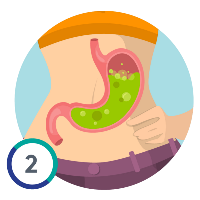 2. Nausea |
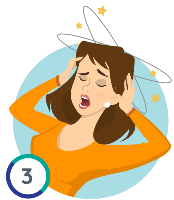 3. Fainting |
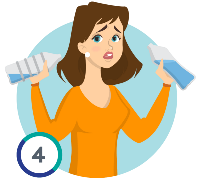 4. Dehydration and unusual thirst |
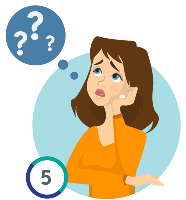 5. Lack of concentration |
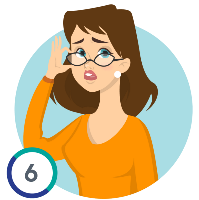 6. Blurred vision |
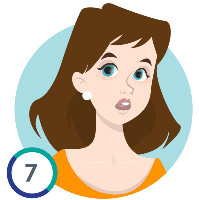 7. Cold, clammy, pale skin |
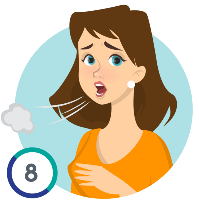 8. Rapid, shallow breathing |
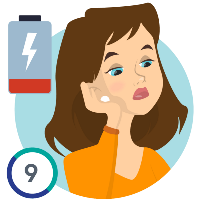 9. Fatigue |
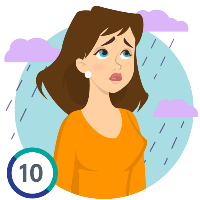 10. Depression |
What Causes Low Blood Pressure?
Low blood pressure may be associated with the following:- Prolonged bed rest – When shifting from a sitting position to a standing position, there may be a drop in arterial blood pressure, which causes dizziness or fainting.
- Decrease in blood volume – A significant loss of blood reduces blood volume, which can lead to a severe drop in blood pressure.
- Certain medications – Diuretics and other drugs for hypertension, heart conditions, Parkinson’s disease, tricyclic antidepressants, erectile dysfunction drugs (particularly in combination with nitroglycerine), narcotics and alcohol may increase the risk of developing low blood pressure.
- Heart problems – Conditions like bradycardia (abnormally low heart rate), heart valve problems, heart attack and heart failure may mean the heart is not able to circulate the blood properly.
- Endocrine problems – Conditions with hormone-producing glands, such as hypothyroidism, parathyroid disease, Addison’s disease, low blood sugar and diabetes.
- Severe infection (septic shock) – Septic shock means the infection travels from its original site and spreads in the blood stream producing toxins that cause a life-threatening decline in blood pressure.
- Allergic reaction – Anaphylactic shock is an allergic reaction that occurs when a person is sensitive to penicillin or certain kinds of food. Anaphylactic shocks can cause breathing problems, hives, itching, swollen throat and sudden decline in blood pressure.
- Neurally mediated hypotension – When a person stands for long periods of time, there can be an unnatural reflex action between the brain and the heart. This condition usually affects young people.
- Nutritional deficiencies – Lack of vitamin B-12 and folic acid can cause anemia, which can lead to low blood pressure.
How to Raise Low Blood Pressure
Treating low blood pressure depends on its underlying cause, and treatments may include medications for heart disease, diabetes or infection. But here are some ways that might help:- Drink plenty of water to avoid low blood pressure due to dehydration
- Eat a balanced diet
- Limit alcohol intake
- Check your blood sugar regularly
- Try to move slowly and gradually especially if coming from a sitting position to a standing position
- Avoid crossing your legs when you sit
- Wear compression stockings
Sources:
American Heart Association
Healthline
Nursing Times



